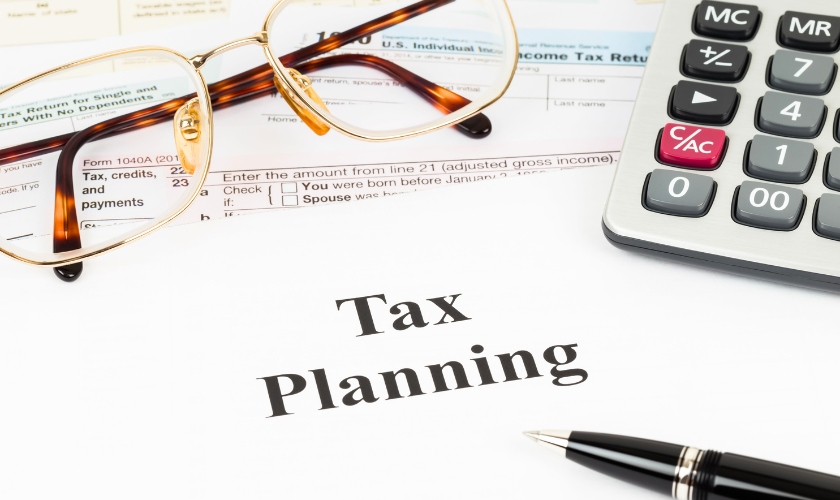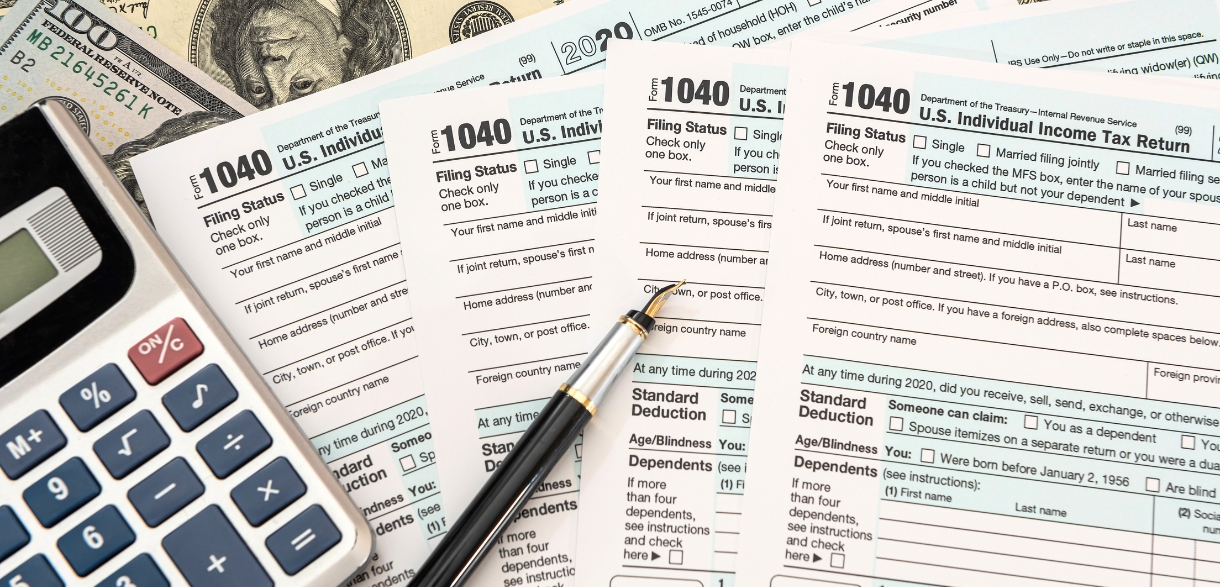Tax Planning for Beginners: A Simple Guide to Saving Money

Tax Planning for Beginners: A Simple Guide to Saving Money
Tax planning is a crucial part of financial wellness. Starting can maximize your savings and reduce stress during tax season. By planning ahead, you can take advantage of deductions, credits, and investment opportunities that lower your taxable income.
For beginners like you, the process might seem complex, but it doesn’t have to be. With simple, actionable steps, you can make tax planning manageable. This guide will help you understand key strategies.
What Are The Types Of Taxes?
- Your income tax is levied on earnings, including wages, salaries, and other income.
- The property tax is imposed on your real estate based on its value.
- Sales Taxes are added to the cost of your goods and services at the point of sale.
- Corporate Tax is taken from the profits of businesses.
- Excise Tax is applied to your specific goods like gasoline, alcohol, and tobacco.
Why Is Tax Planning Important?
It is essential for maintaining financial health. It helps you manage your tax liabilities efficiently.
Proper planning can reduce the amount of tax you owe. Deductions and credits lower your taxable income. Staying informed about your tax deadlines can help you prevent late fees and penalties.
Understanding your tax obligations helps in budgeting and financial decision-making. In tax planning in your financial strategy, you can enhance your savings and avoid unexpected liabilities.
What Are The Steps to Begin Tax Planning?
Financial Documents
You should organize all your financial records. With proper documentation, you can start filing taxes correctly and avoiding errors. Collect your W-2 forms for employment income and 1099 forms for freelance or additional income.
Know Your Deadlines
Mark important tax deadlines on your calendar. Missing your deadlines can result in penalties and interest charges.
Calculate Your Income and Tax Liability
Use reliable tools and resources to estimate for tax planning in Arlington. This helps you understand what you owe or what refund you might receive. You can use IRS tax calculators or tax software.
Maximize Deductions and Credits
Take advantage of your available deductions and credits to reduce your taxable income. You can significantly lower your tax bill.
How To Save Money on Taxes?
Contribute to Retirement Accounts
Maximize your tax savings. Contribute to retirement accounts like a 401(k) or IRA. Contributions to these accounts can reduce your taxable income. A 401(k) allows you to contribute pre-tax dollars, lowering your tax bill. Similarly, your traditional IRA contributions may be tax-deductible depending on your income and participation in an employer-sponsored plan.
Consider Tax-Efficient Investments
Investing can reduce your tax burden. Tax-efficient investment strategies include using tax-advantaged accounts like Roth IRAs. It offers tax-free growth and withdrawals. You can consider investing in index funds and municipal bonds. They can generate less taxable income.
Take Advantage of Health Savings Accounts (HSAs)
Health Savings Accounts (HSAs) can offer you triple tax benefits. Your contributions are tax-deductible, growth is tax-free, and withdrawals for qualified medical expenses are tax-free. To qualify, you must have a high-deductible health plan (HDHP). HSAs can be a powerful tool for reducing your taxable income.
Implement these tips to maximize your tax savings and keep more of your hard-earned money.
Should You Choose Tax Software or Professional?
Pros and Cons of Tax Software
Tax software offers an easy and cost-effective way to file taxes. You can get step-by-step guidance, making the process straightforward. You can afford them, with some even offering free versions for simple returns. You might get features like error checks and audit support. However, research about tax software limitations before that.
When to Consider a Tax Professional
You canopy for them for complicated tax scenarios, such as owning a business, dealing with significant investments, or experiencing major life changes. With professional help, you get accuracy and maximize deductions. Stay updated with current tax law changes and can provide personalized advice.
Evaluate your needs carefully. Each option has distinct advantages depending on your tax complexity and personal preferences.
Tax planning plays can help you secure your financial future. By minimizing tax liabilities, you can maximize savings and investments. Starting early is key, and seeking professional help to stay on the right track. Use these strategies to save money and boost your financial well-being.
So, are you ready to save money on taxes? Choose your own strategy today!




